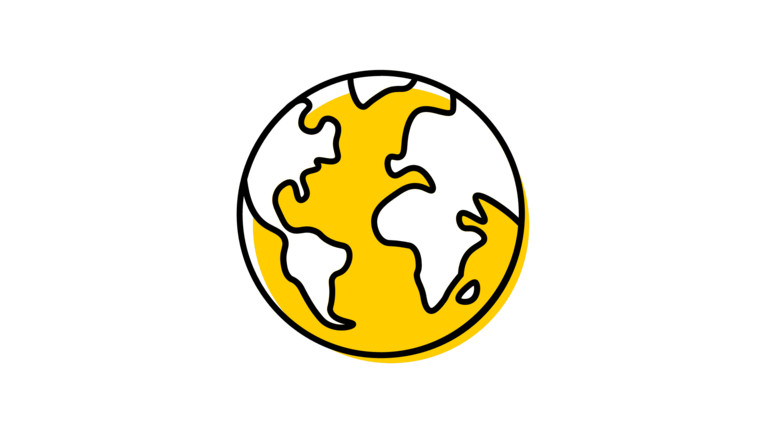Main navigation
Environmental Engineering Profession
Environmental engineering and science training offers to work in any aspect of environmental protection. The major areas include air pollution control, industrial hygiene, radiation protection, hazardous waste management, toxic materials control, water supply, wastewater management, storm water management, solid waste disposal, public health, and land management. And, within each of these major categories are many sub-specialties.
Environmental engineering and science provides limitless opportunities as to type of work, for whom you work, and where you work. A career in environmental engineering and science provides:
The kind of work you can do as an environmental engineer is very diverse. The following examples are illustrative, not comprehensive. You can be a researcher, a designer, a planner, an operator of pollution control facilities, a professor, a government regulatory agency official, a manager of programs, or be involved in professional society work. Your employer can be private consulting engineering firms, universities, private research firms, testing laboratories, government agencies of all types (federal, state and local), or all types of major corporations and private businesses.
Location

Your work can take you around the world. It can be done inside and out; typically, most jobs will find you inside about 75 percent of the time and 25 percent outdoors. However, there are many instances of 100 percent either way. Since most pollution problems are located where there are concentrations of people, the largest number of job opportunities (your employer's location) will coincide with where the greatest number of people live. However, modern information technologies are operating to alter the above described historic pattern.
Preparation

Many job positions require a B.S. degree in engineering --- probably civil, chemical, mechanical or environmental. And, while you are still comfortable with the school life, you should take another year or so to get a Masters degree in environmental engineering (more and more employers are giving preference to those who have a Masters degree). If you can afford it, you are also encouraged to get your Ph.D.; while not required, it will provide additional advantages in your subsequent career.
You must do your best in the math, science and engineering courses that comprise any engineering degree. Equally important, you need to focus on the humanities. Since environmental engineering is so intertwined with people, it is necessary that you understand how people and societies function. Through both your formal training and your activities during your college career, you need to work on developing your writing and speaking skills. Environmental engineers must be able to communicate effectively with people of all types if they are to succeed in solving problems.
These skills can only be learned by doing --- the more you do, the better you will become.
